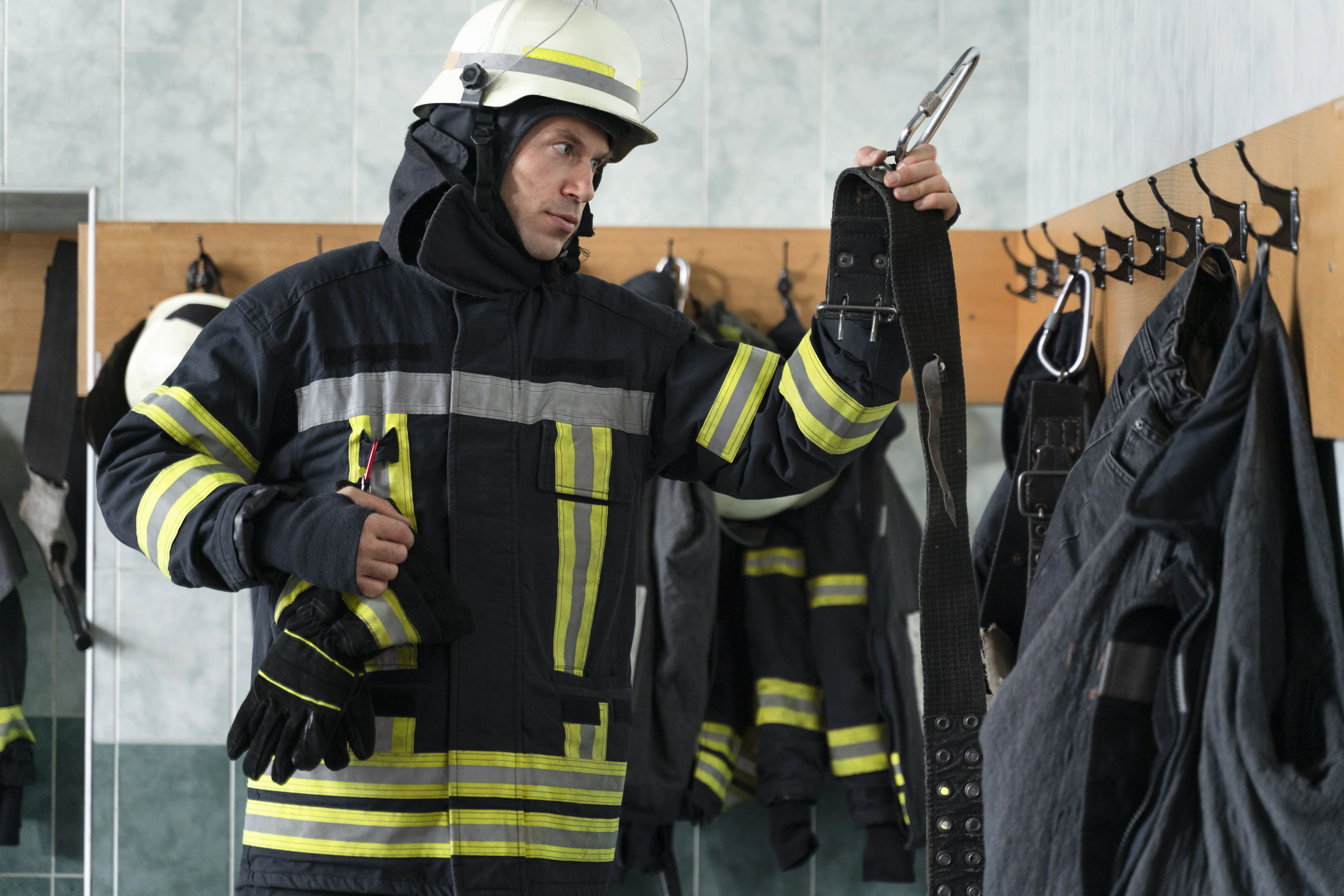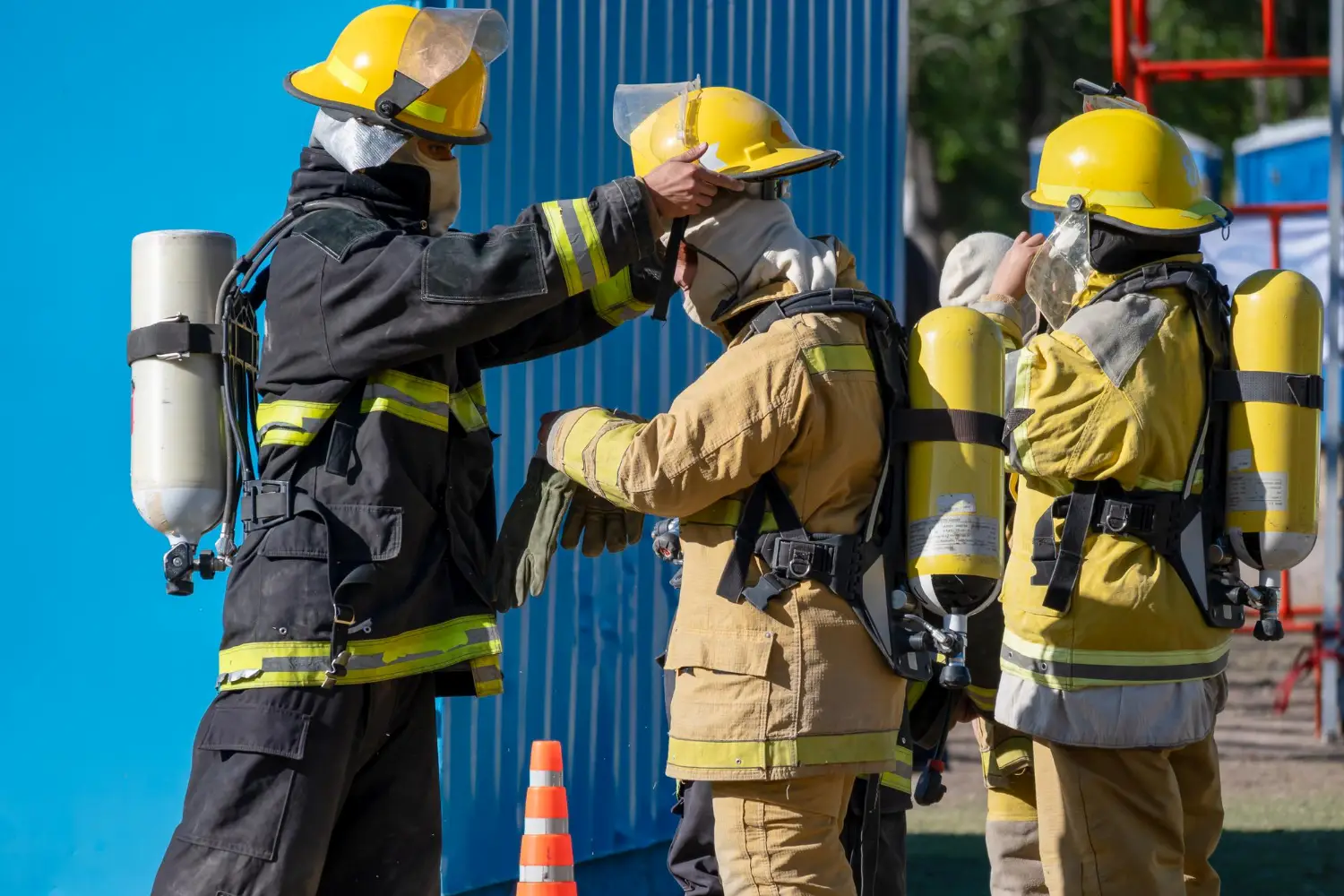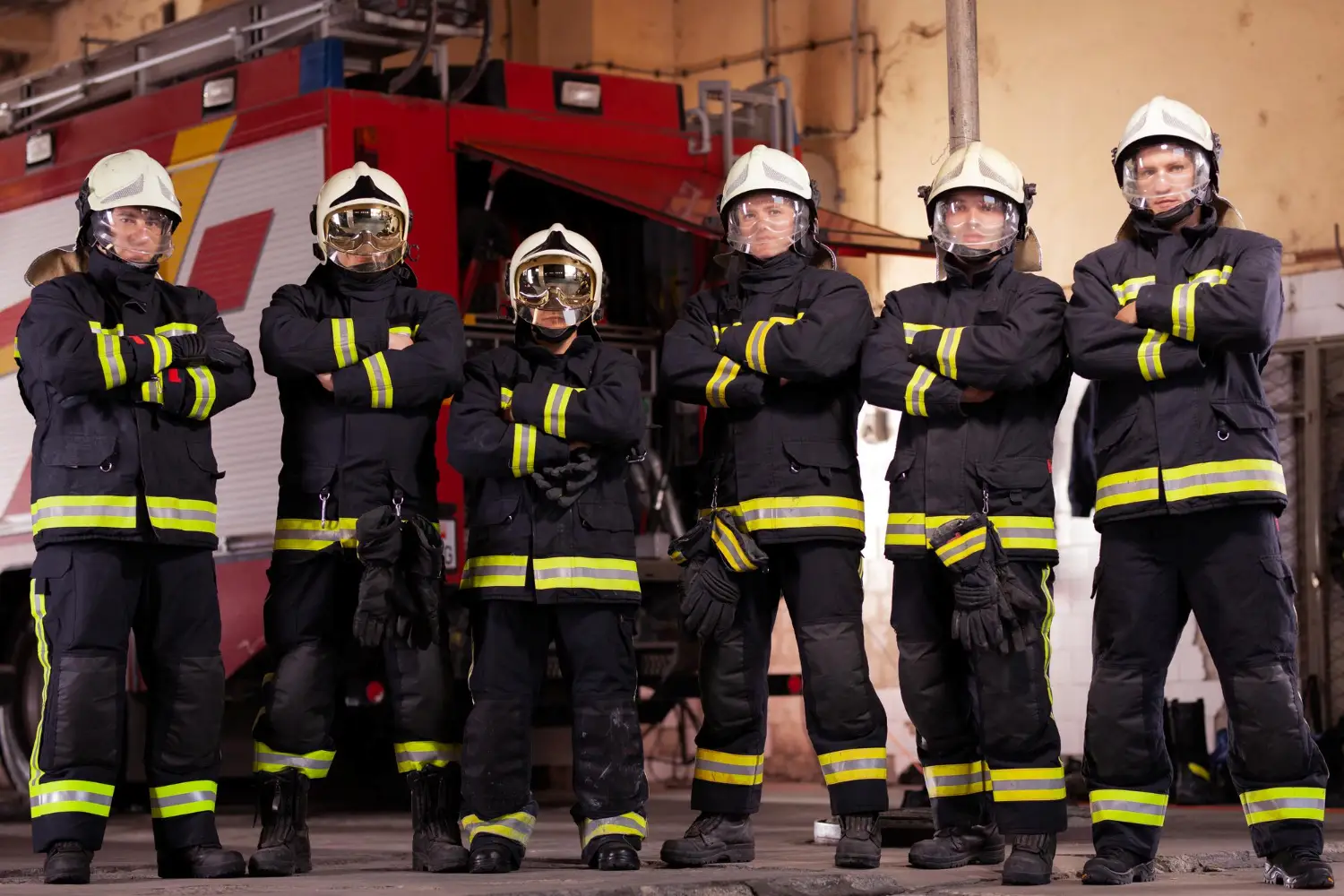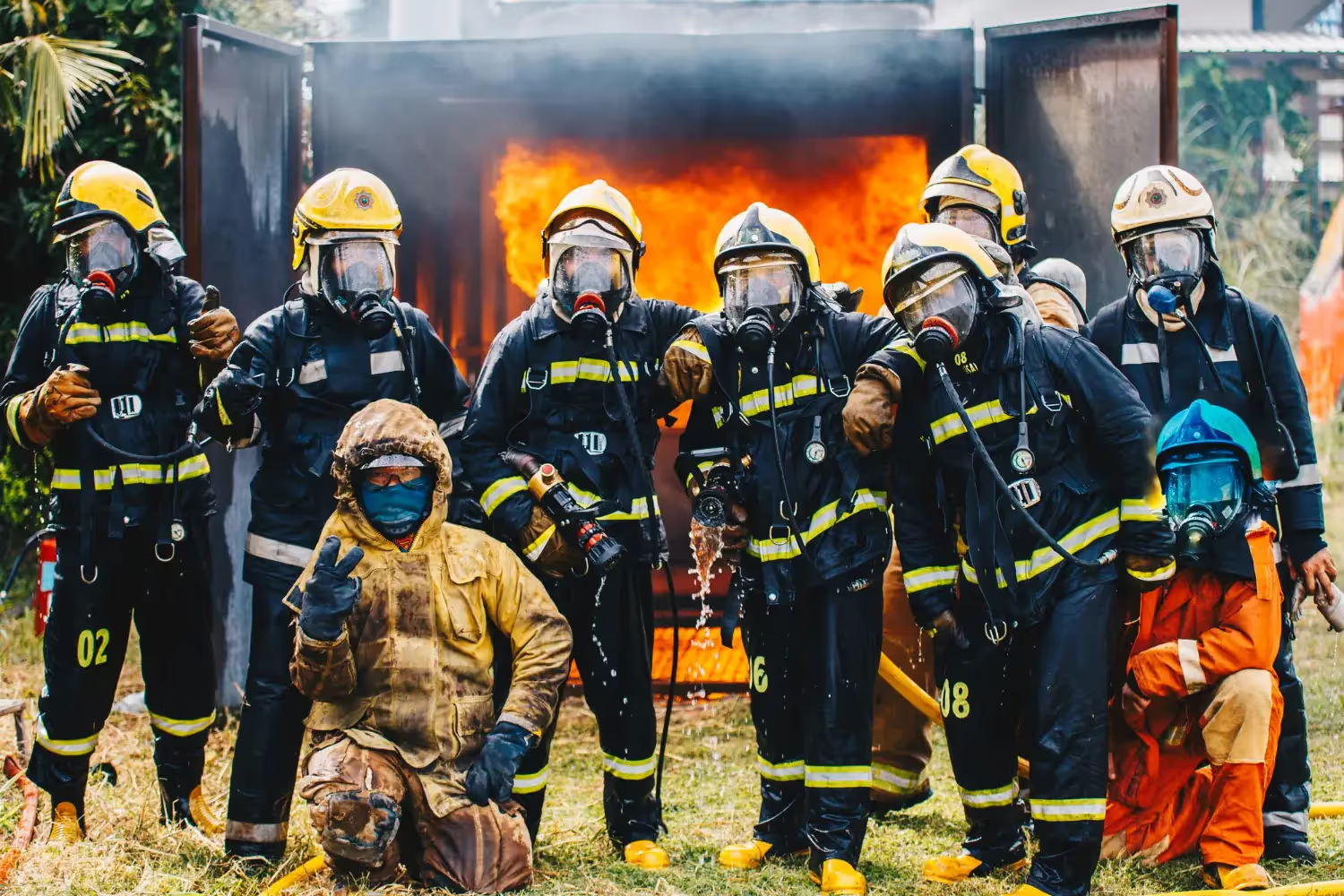Certified Fire Investigator: Roles, Requirements, and Key Skills


A Certified Fire Investigator (CFI) plays a critical role in uncovering the causes of fires and ensuring public safety. These experts are equipped with specialized knowledge and skills to conduct thorough fire investigations, analyze evidence, and identify the origin and cause of fires. Certification not only signifies professional competence but also enhances credibility in legal and insurance cases.
Let’s explore what it takes to become a certified fire investigator, their roles and responsibilities, and why certification matters.
A Certified Fire Investigator is a professional who has undergone extensive training, passed certification exams, and demonstrated proficiency in fire investigation. Certification programs, such as those offered by the International Association of Arson Investigators (IAAI) or the National Association of Fire Investigators (NAFI), validate an investigator’s expertise in fire behavior, evidence analysis, and investigative procedures.
Importance of Certification
Certification serves as proof of an investigator's skill and knowledge. It ensures that the investigator has met a set of standardized criteria, which increases trustworthiness and reliability. Certified fire investigators are often called upon to provide expert testimony in legal proceedings, making certification an essential credential in the field.
Certified fire investigators have a multifaceted role that includes various duties before, during, and after an investigation. Their primary objective is to determine the origin and cause of a fire, whether it was accidental, intentional, or due to natural causes.
Key Responsibilities
- Scene Examination: The investigator examines the fire scene, documenting burn patterns, fire damage, and potential points of origin.
- Evidence Collection: They collect physical evidence, such as fire debris or potential ignition sources, for further analysis.
- Interpreting Fire Patterns: Using their understanding of fire dynamics and behavior, they analyze burn patterns to reconstruct the fire’s progression.
- Collaboration: CFIs work closely with other professionals, including law enforcement, forensic scientists, engineers, and insurance adjusters.
- Reporting and Documentation: They prepare detailed reports summarizing their findings and may create diagrams or photographic evidence for future reference.
- Court Testimony: Certified fire investigators are often called to provide expert testimony in legal and insurance cases, where their certification boosts their credibility.
Becoming a certified fire investigator requires meeting specific educational and professional prerequisites, completing training programs, and passing certification exams.
Education and Experience Requirements
Most certification programs require a combination of education and practical experience. Common requirements include:
- Educational Background: A degree in fire science, criminal justice, engineering, or a related field is often beneficial.
- Work Experience: Typically, a candidate needs several years of experience in fire investigation or related fields such as firefighting or law enforcement.
- Training Courses: Completion of specialized training courses in fire behavior, evidence collection, and investigation techniques is necessary.
Certification Programs
Several organizations offer certification for fire investigators, each with specific requirements:
- International Association of Arson Investigators (IAAI): Offers the Certified Fire Investigator (CFI) program, which includes passing a written exam and fulfilling continuing education requirements.
- National Association of Fire Investigators (NAFI): Provides the Certified Fire and Explosion Investigator (CFEI) certification, which focuses on fire and explosion investigations.
- National Fire Protection Association (NFPA): Sets industry standards that certified investigators often follow in their work.
Certification Process
The process for obtaining certification typically involves:
- Meeting Prerequisites: Ensuring you have the necessary education and experience.
- Completing Training: Attending courses that cover topics like fire dynamics, fire scene safety, and investigation procedures.
- Passing an Exam: Demonstrating knowledge and practical skills through a written test.
- Maintaining Certification: Meeting continuing education requirements to keep the certification current.
To excel in their role, certified fire investigators must have a combination of technical knowledge, analytical skills, and interpersonal abilities.
Analytical and Observational Skills
The ability to observe minute details and think critically is crucial in fire investigation. CFIs must:
- Interpret Complex Patterns: Analyze burn damage, fire spread, and evidence to form a cohesive narrative of the fire’s behavior.
- Apply Fire Dynamics Principles: Use scientific principles to understand how fire behaves under different conditions and how it interacts with various fuels and environments.
Communication and Reporting Skills
Effective communication is essential for documenting findings and collaborating with other professionals. CFIs need to:
- Write Comprehensive Reports: Prepare clear, accurate reports that summarize their investigation and conclusions.
- Provide Expert Testimony: Present findings confidently and accurately in court, explaining technical details in a way that jurors and legal teams can understand.
Technical Proficiency
Certified fire investigators often use specialized tools and technology, including:
- Infrared Cameras: To detect heat signatures and locate hotspots.
- Computer Modeling Software: For simulating fire behavior and testing hypotheses.
- Evidence Collection Kits: For properly handling and preserving physical evidence.
Certification is more than just a credential; it represents a standard of excellence. Certified fire investigators are held to a higher level of accountability and are expected to adhere to best practices and ethical guidelines.
Benefits of Certification
- Enhanced Credibility: Certification reassures clients, employers, and courts that the investigator has the necessary skills and knowledge.
- Career Advancement: Holding a certification can lead to more fire investigation job opportunities, higher pay, and increased responsibilities.
- Access to Resources: Certified investigators often have access to specialized training materials, industry updates, and professional networks.
Professional Development and Continuing Education
Maintaining certification requires staying updated with the latest developments in fire investigations. Continuing education programs help certified fire investigators keep their skills sharp and ensure they are following current industry standards and practices.
While certification equips investigators with the tools and knowledge they need, challenges still arise. The complexity of fire scenes, changes in fire behavior due to modern building materials, and evolving technologies can pose significant obstacles.
Navigating Complex Fire Scenes
Fire scenes can be chaotic, with overlapping burn patterns and multiple points of ignition. Certified fire investigators must use their training and experience to differentiate between primary and secondary fire sources and interpret evidence accurately.
Keeping Up with Advances in Technology
The field of fire investigation is constantly evolving, with new tools and techniques becoming available. Certified fire investigators must adapt to these changes and incorporate new technology, such as advanced computer modeling and high-resolution imaging, into their practices.
Certified fire investigators are crucial in understanding the causes of fires and contributing to public safety. Through rigorous training, certification, and ongoing education, they build the skills needed to analyze complex fire scenes, communicate findings effectively, and uphold the highest standards of investigation.
Their work supports legal cases, informs insurance claims, and provides valuable insights for fire prevention. By continuing to advance their skills and adapt to new challenges, certified fire investigators play an indispensable role in protecting lives and property.
Trusted by Public and Private Investigator Teams Everywhere
Whether you're a big state agency, a small local fire department or somewhere in between, Blazestack software (NFPA 921® & CJIS compliant) collects fire scene data and generates standardized origin and cause reports in a fraction of the time of other methods.
To learn more about Blazestack, give us a call at (866) 303-4344 or email us at support@blazestack.com
Get Your Free 14-Day Trial and Custom Price Quote Now
We'll let Blazestack do the talking. Try it out right now for free.
A member of our staff will be in touch shortly.


